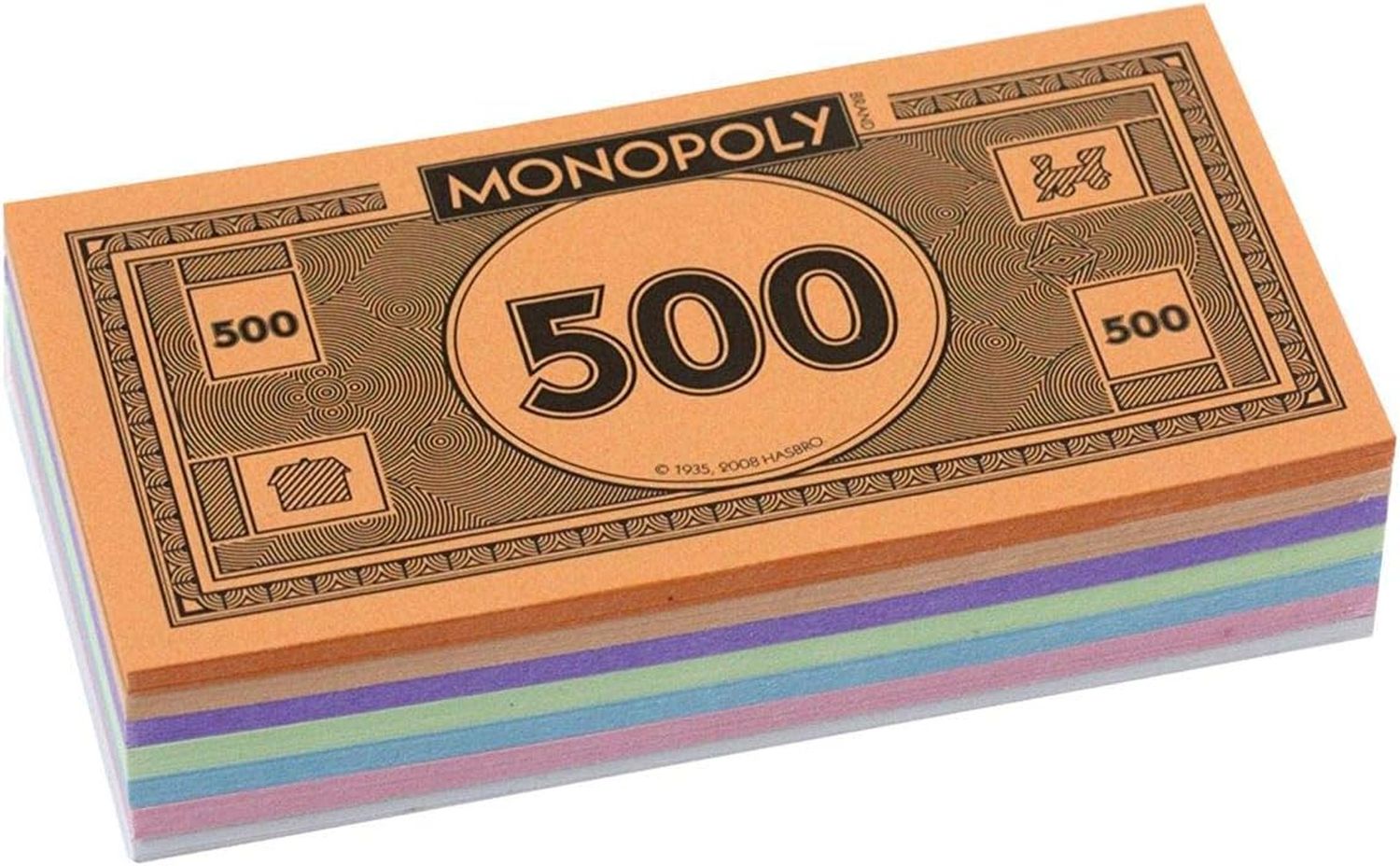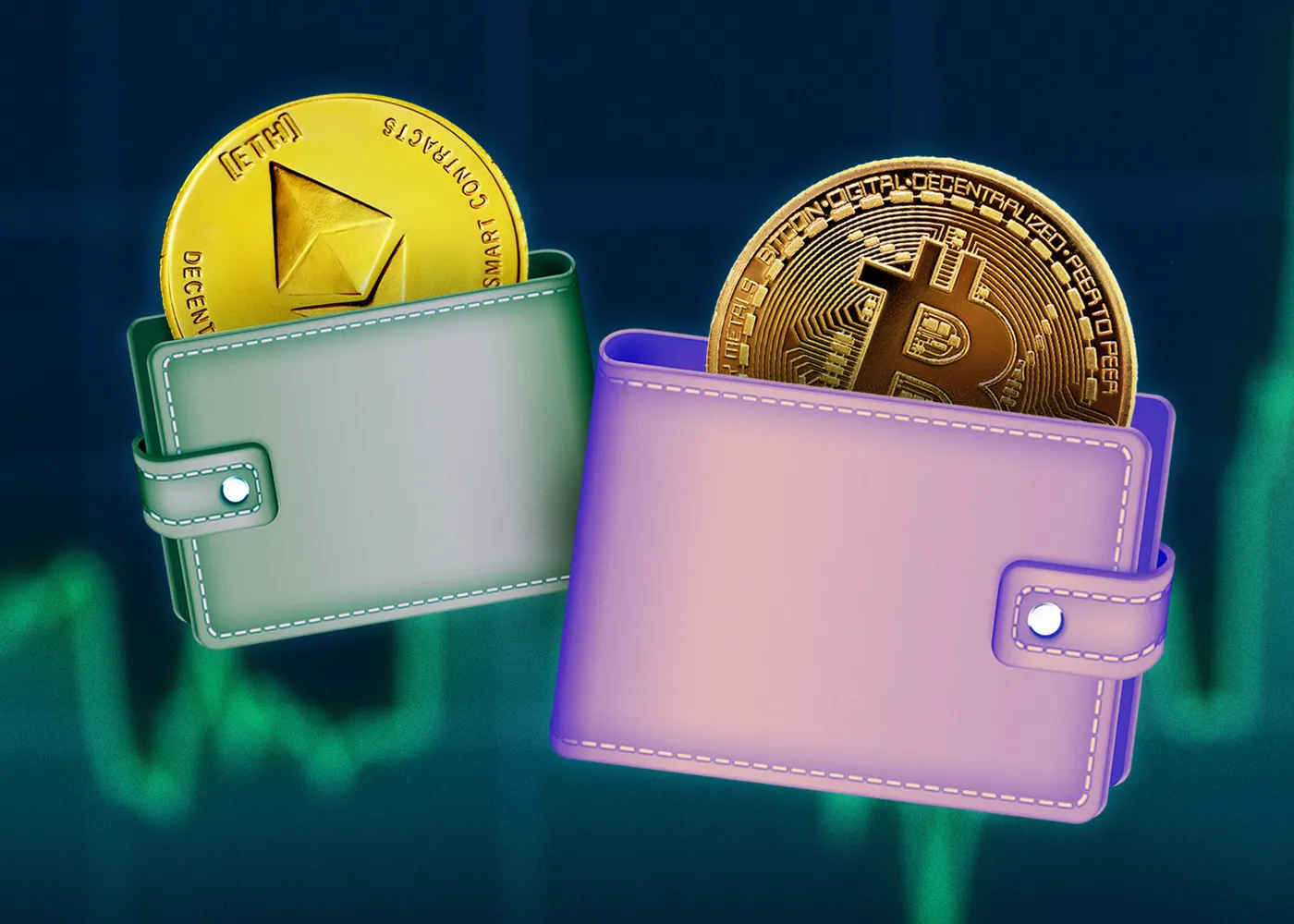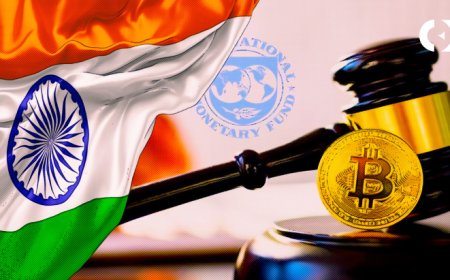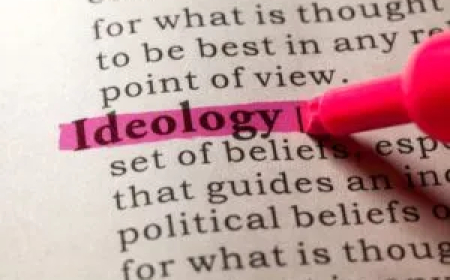Introduction: The Revolution Begins in Your Pocket

Have you ever looked at the money in your wallet and thought, “I could do this better”? Whether it's the rising costs of coffee or the sneaky fees that appear out of nowhere, we all have our money frustrations. But, what if we told you there’s a way to stop relying on banks and governments to dictate your financial fate? What if you could create your own money?
Yes, you read that right. Make your own money. It's not as crazy as it sounds—thanks to things like Bitcoin and local barter systems, the idea of currency has evolved far beyond the old-school paper notes or shiny coins. Ready to start your very own personal economy? Grab your thinking cap, because we’re about to dive into the quirky, libertarian-inspired art of creating your own currency.
Step 1: Define Your Currency’s Purpose (You’re Not Printing Monopoly Money)

First things first: What’s the purpose of your new money? Are you aiming for a local, community-driven economy, or is your money going to be a high-tech digital revolution, like Bitcoin? Defining your currency’s purpose is the crucial first step.
If you’re thinking small, you might create a currency to trade services and goods within a community. You know, a little side gig of local bartering 2.0.
If you're aiming big (and possibly starting the next "internet revolution"), you can create a cryptocurrency or token that’s fully decentralized. Think: a digital currency that only you control.
At this stage, channel your inner Steve Jobs and imagine how people could use your money. Is it purely for fun? Or will it be the next big thing, sweeping the global economy? In the libertarian world, the possibilities are endless—because you’re in charge, not the government.
Step 2: Give Your Money a Name (Be Creative, But Not Ridiculous)

Now that you’ve got the grand idea for your currency, it’s time for some branding. After all, you’ll want people to remember your currency with respect, not laughter. A good name goes a long way.
Let’s say you’re starting a small community currency. How about calling it the “Neighborhood Coin” (NHC) or “Localbuck”? You want it to sound friendly and trustworthy, so no “Moneysaurus Rex” unless you're going for a humorous, niche appeal.
If you’re diving into the digital world with a cryptocurrency, the name might need a little more pizazz. Something sleek and futuristic like “Blocknote” or “FreedomCoin” could be just what you need. Just don’t go too wild with the name—unless you want your currency to get confused with an online game.
Step 3: Decide on the Backing (No, You Can't Just Print Unlimited Bills)

Here’s where the magic happens: How do you back your currency? In traditional systems, governments usually back their money with national reserves like gold or resources, but you’re not a country—yet.
For a local barter-style currency, the backing could be anything from hours of service to goods like fresh eggs or homemade candles. Your “money” could be exchanged for any goods and services within your local community.
In the world of cryptocurrencies, your backing comes from the technology. Bitcoin, for instance, is backed by the blockchain, which is a decentralized ledger that records transactions. You could use blockchain technology to ensure your money is secure, transparent, and not subject to inflation or manipulation by shady central banks.
Whether physical or digital, don’t forget to explain why people should trust your money. If you don’t have backing, you’re basically handing out play money, and people might not bite.
Step 4: Create the Infrastructure (How Will People Use Your Money?)

So now you have your currency and your purpose, but how do you get people to actually use it? Are you going to print coins (pro tip: it’s harder than it looks) or create a digital wallet system? How will people exchange it?
If you’re going old-school and printing your own physical currency, maybe use some fancy paper or clever designs to give it a sense of legitimacy. You don’t want it looking like something you’d hand out at a kid’s birthday party. Or do you? Who’s to say? It's your money, after all.
For digital currencies, you need a platform. Cryptocurrencies require an app or a wallet for users to store their “coins.” For local currencies, it could be as simple as a spreadsheet tracking how much people owe each other, or a specialized app that keeps it all neat and tidy.
Make sure people know how to use it—after all, if no one knows how to spend your money, you’ve just created an idea instead of a currency.
Step 5: Get People On Board (It’s Time to Market Your Money)

Here’s the fun part: getting people to use your currency. This might sound a little daunting, but hey, you’ve got this! How do you convince people that your money is worth anything?
Start small—perhaps offer your money in exchange for goods or services, like helping someone move or offering to babysit. Get a few key influencers (friends or family) involved to create a buzz. They can start using your currency, and the next thing you know, your “Localbuck” might just be the hottest commodity in town.
For digital currencies, make sure people understand what they’re getting into. You can create a whitepaper explaining how the blockchain works, why your currency is revolutionary, and how people can use it to buy or trade goods. Educate, engage, and create trust.
Remember: If Bitcoin could get to $60,000 per coin, there’s no reason your currency can’t hit the big leagues. (Disclaimer: Don't expect it overnight.)
Step 6: Be Ready for the Haters (It’s Not Easy Being the Bank)

Once you start your own currency, you're likely going to face some pushback. There will always be critics. “You can’t just make your own money!” they'll say. “It’ll never work,” they'll snicker. But as a libertarian, you know that innovation often starts with people laughing and ends with them standing in line for a product they didn’t know they needed.
To be clear, creating your own money is not a get-rich-quick scheme. It requires time, trust, and effort to build up a system people can depend on. Plus, there’s always the risk of people deciding your currency is worth as much as the Monopoly money they have lying around.
But who knows? You might just change the way we think about money, one Localbuck at a time.
Conclusion: The Future Is Yours (Literally)

If there's one thing libertarians know, it’s that the best solutions come from the people, not the government. You’ve taken a big step toward financial freedom by considering the idea of creating your own money.
Whether it's a fun way to build community, a future cryptocurrency, or an excuse to tell your friends you're "basically a central bank now," the power to create currency is a reflection of personal autonomy and the freedom to shape your own destiny.
So, go ahead—print your first bill (or create your first digital token) and start a movement. You’re the next money mogul the world didn’t know it needed.
TL;DR: Making your own money might sound wild, but it's a perfectly libertarian thing to do. Start small with a local barter system or go big with cryptocurrency. Pick a name, back your money, build the infrastructure, market it, and be ready for some haters. But most importantly—have fun with it!





























































